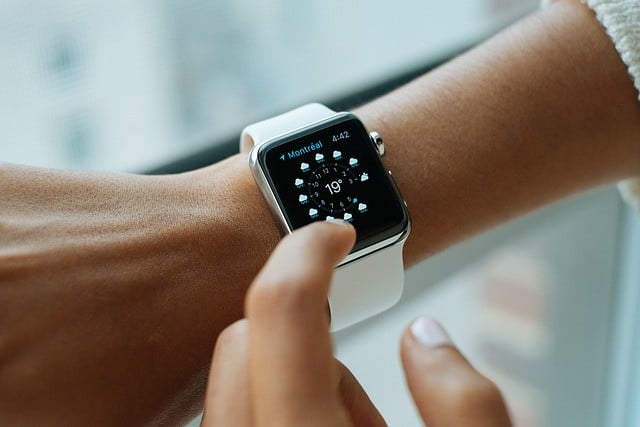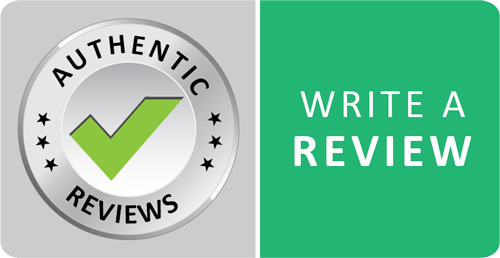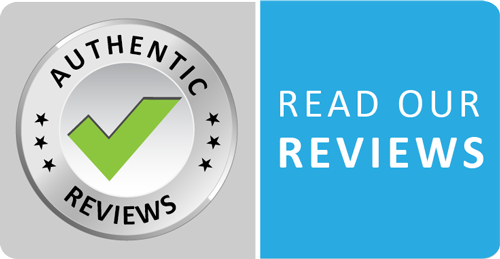Apple has long been the measure against which all other tech companies are assessed, with an estimated market valuation of over $3 trillion. But now, at the peak of the global holiday season, the tech Titan is pulling two models of its nearly ubiquitous Apple Watch after the International Trade Commission found Apple violated a crucial trademark held by medical technology company Masimo. How much is this going to cost Apple, and what lessons can we learn from Apple’s nearly unprecedented move?
Bad Apple
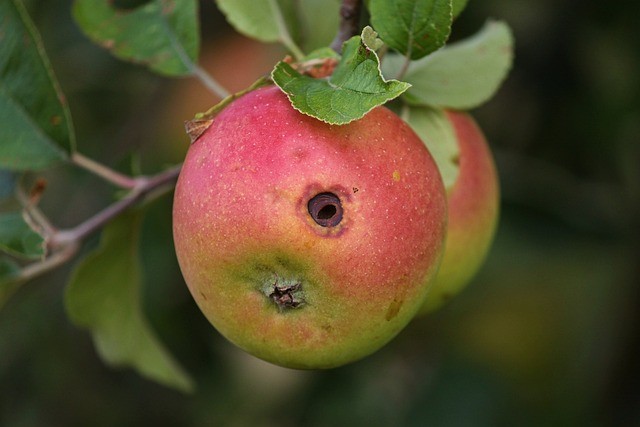
Apple is no stranger to intellectual property infringement suits, on both the initiating and defending sides. In 2012, Apple successfully sued Samsung and defended itself in a countersuit involving a complicated series of interlocking patents, being awarded more than $900 million by a jury. However, Apple has also suffered a series of devastating losses, including settling a joint lawsuit with codefendant Broadcom by CalTech earlier this year, losing suits to Optis in 2021, VirnetX in 2019, and Quarterhill in 2018. While many of the cases are still stranded in appeal for one reason or another, the message is clear:
Even a company the size of Apple can be found liable for trademark infringement.
But, in a spectacular blow right at the peak of the biggest retail season of the year, another worm has emerged from Apple. US The International Trade Commission, which operates under the aegis of the Executive Branch of the US Government and answers directly to the President, found in October that Apple had violated a trademark held by Masimo for a sensor which uses light to analyze and evaluate blood oxygen levels in many of its 2020 and later Apple Watch models. The ITC imposed a sanction which required that Apple Watches manufactured abroad including the contested technology be banned from import and sale in the US. The ban was set to take effect on December 26th of this year, barring Presidential intervention.
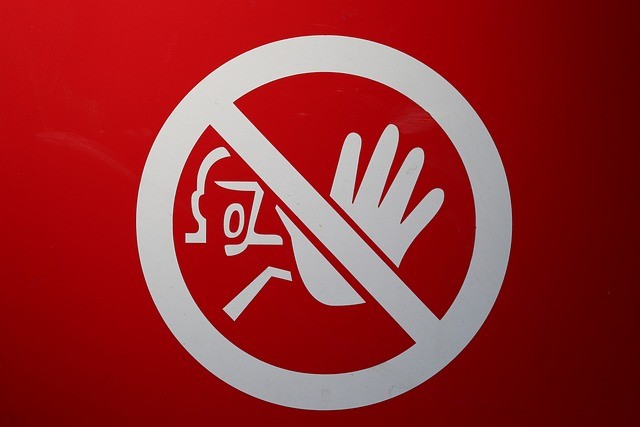
While President Biden has the option to overturn the ITC decision, Apple took the nearly unprecedented step of preemptively pulling the models including the contested technology from the market, specifically the Series 9 and Ultra 2 models. The impacted watches will no longer be available for online sale effective on Thursday, December 21st (ie today) and will be pulled from brick-and-mortar retail stores as of Sunday, December 24th. In good news for consumers who have already purchased the affected models, the ban does not impact them.
A spokesperson for Masimo said Apple’s preemptive compliance with the USITC ban vindicates Masimo’s claims and shows that no one, person or company, “is above the law.” Apple has stated that it will “take all measures” to get the ban reversed and allow the affected models back on the market.
Masimo took Apple to court this year over claims that, among other things, Apple has been seeking access to Masimo’s blood oximeter technology since at least 2013, when the companies entered partnership talks that soon stalled. Later, Masimo alleged, Apple hired away key executives and engineers from Masimo expressly and explicitly to assist the company in developing its own blood oximeter technology. Apple refuted the allegations, stating that the company has been working with a number of medical technology companies to develop its own version of the tech in question. In May, a jury was unable to conclusively decide whether outright patent infringement had occurred.
This raises an important question.
When does trademark infringement begin?
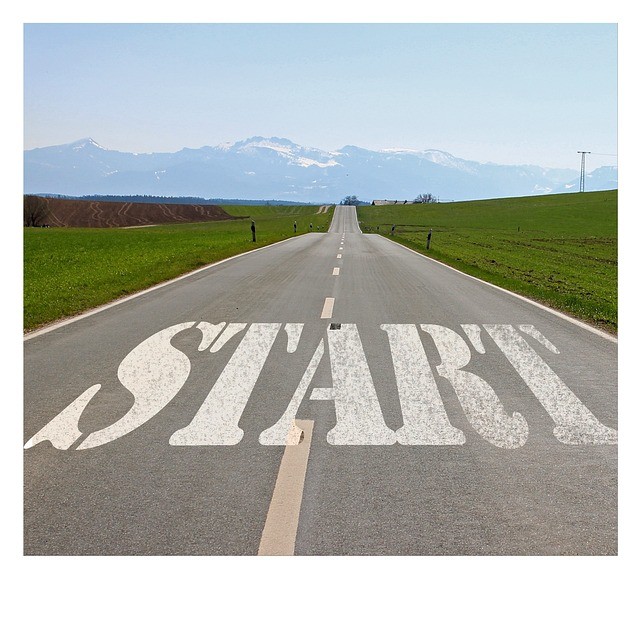
In the United States, we have a “first-to-file” system for intellectual property. This means that the first party to apply for a patent will generally be awarded it. First-to-file replaced the “first to invent/document” system, which gave precedence to the person who could demonstrate through documentation that they were the original inventor in 2013. Thus, anyone using that invention or a variant of it which stands sufficiently close to the original invention in the marketplace would owe the holder of the patent royalties for its use or risk having to pay penalties for patent infringement.
A popular way to obtain additional protection for patents is to trademark them. As I’ve discussed before, trademarks carry their own level of complexity and their own associated problems, but adding a trademark to a patent applies extra layers of security for innovation owners. It also helps give the holder additional rights to pursue penalties against infringers.
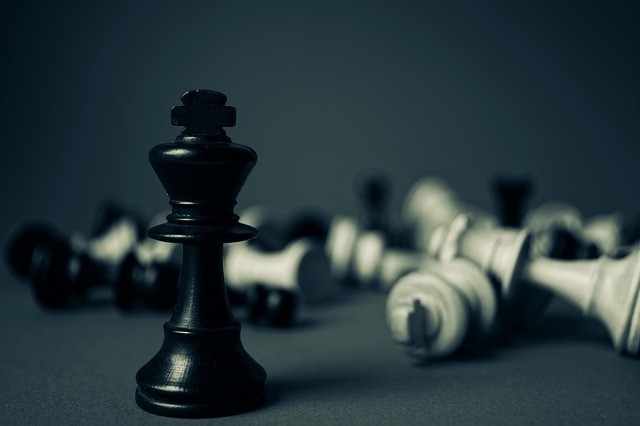
In the tech arms race, patents and trademarks are both the weapons and the battlefields on which those weapons are deployed. Companies often file trademarks and patents for innovations they either have no intention of using or which cannot be implemented using current technologies. They do this so that if technology evolves to a point where the innovations become practical, the company holding the patent and/or trademark has first rights to it. This would force competitors who come up with a working version of the technology in question to pay the company for the right to use or market the invention, guaranteeing the holder a revenue stream for up to 20 years with relatively little effort. Because of this, intellectual property holdings can account for up to 80% of a company’s valuation at any given time, and sometimes significantly more.
In the eyes of the USITC, the fact that Apple allegedly came up with a light-based oximeter on its own wasn’t sufficient to blunt the assertion that Masimo still has patent and trademark rights to the underlying technology. While a jury couldn’t settle on whether clear-cut infringement occurred or assign a dollar value to the infringement, the USITC viewed the matter differently–with huge implications for Apple’s smart watch offerings.
What happens now with Apple?
While the holiday loss for Apple is likely to be negligible, given that analysts agree that most of the people who were likely to buy an Apple Watch for the holiday season have already done so, the long-term effects on the company are more potentially chilling. By one figure, Apple stands to lose an estimated $300-400 million as a direct result of its compliance with the ban. While the company’s stock value hasn’t been impacted much as yet by the ban, the fact Apple elected to pull the watches from virtual and meatspace shelves early suggests that Apple is not at all confident that President Biden will overturn the USITC decision in the next five days. If he does not, the ban will stand until further notice.
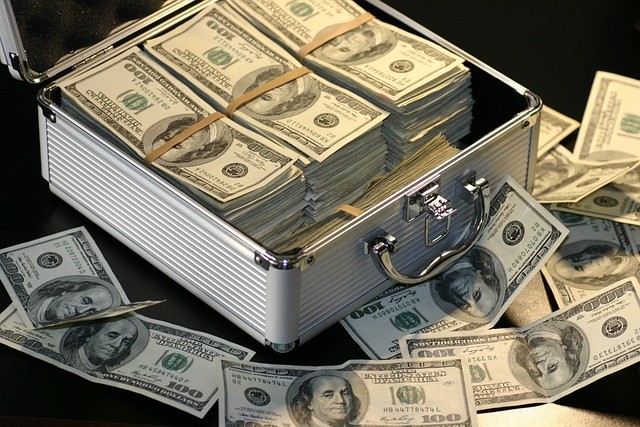
Given that Apple’s estimated holiday sales will top $120 billion in total, a loss of even $400 million basically amounts to a rounding error in the company ledger. The more interesting implications will be seen and felt in the coming months, depending on what else happens in the courts and with Apple’s stock values, which will be directly affected by public sentiment for or against the company. And given that Apple has been facing litigation from a number of avenues for trademark and patent infringement over the past decade, it’s possible that more cases like that could subvert and sway even the most loyal Apple customers away.
All in all, not a great Yuletide gift for the most valuable company on the planet.
ABOUT JOHN RIZVI, ESQ.
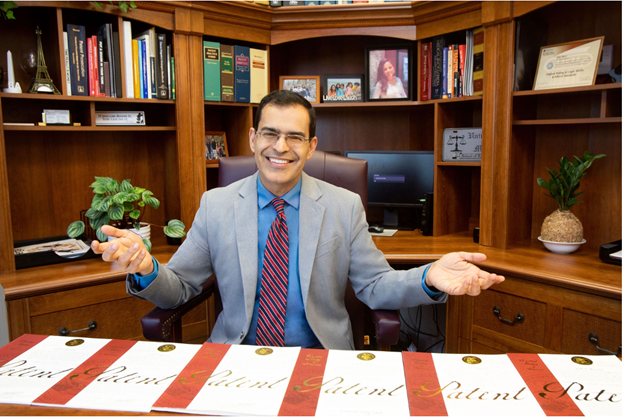
John Rizvi is a Registered and Board Certified Patent Attorney, Adjunct Professor of Intellectual Property Law, best-selling author, and featured speaker on topics of interest to inventors and entrepreneurs (including TEDx).
His books include “Escaping the Gray” and “Think and Grow Rich for Inventors” and have won critical acclaim including an endorsement from Kevin Harrington, one of the original sharks on the hit TV show – Shark Tank, responsible for the successful launch of over 500 products resulting in more than $5 billion in sales worldwide. You can learn more about Professor Rizvi and his patent law practice at www.ThePatentProfessor.com
Follow John Rizvi on Social Media
YouTube: https://www.youtube.com/c/thepatentprofessor
Facebook: https://business.facebook.com/patentprofessor/
Twitter: https://twitter.com/ThePatentProf
Instagram: https://www.instagram.com/thepatentprofessor/

